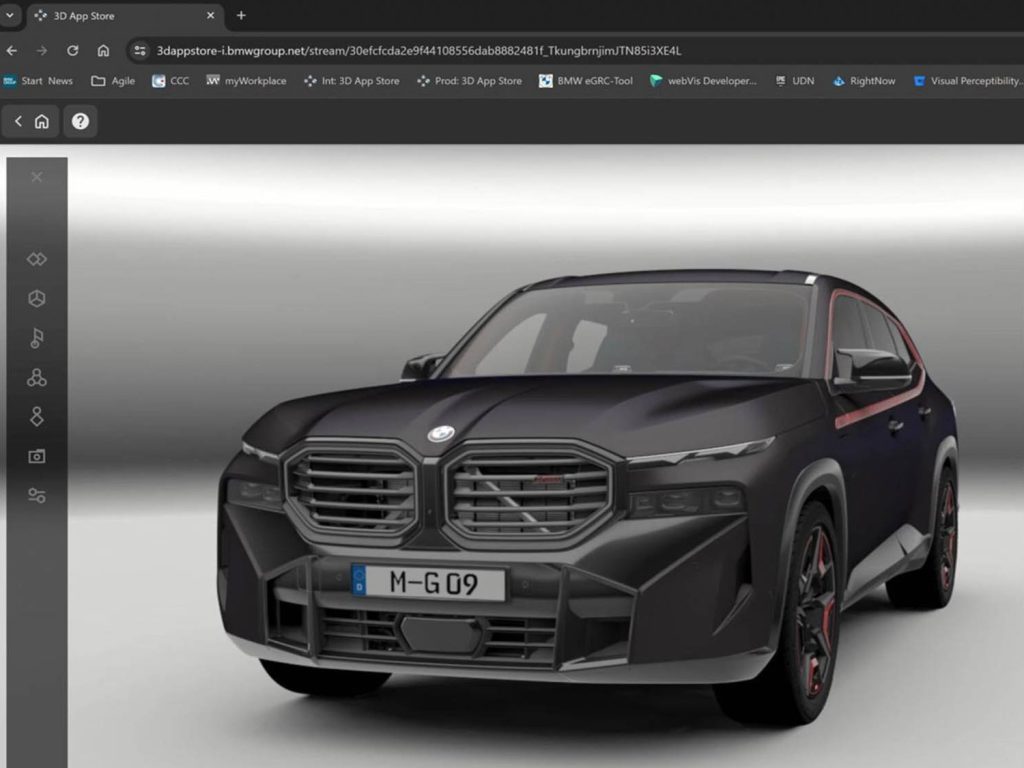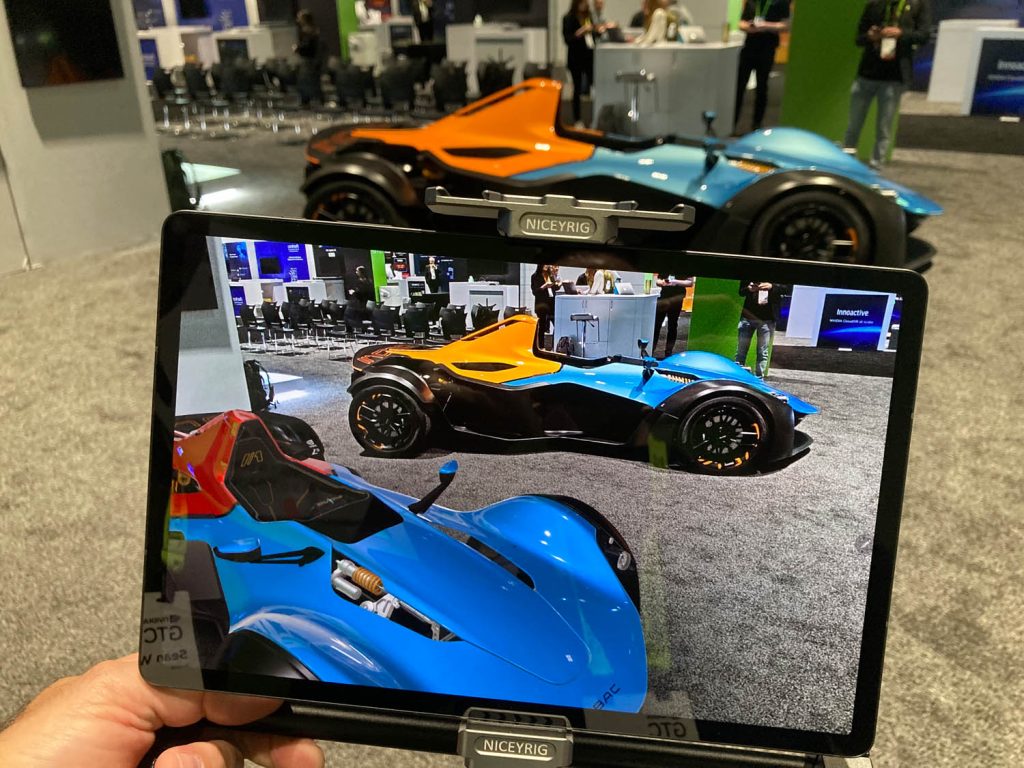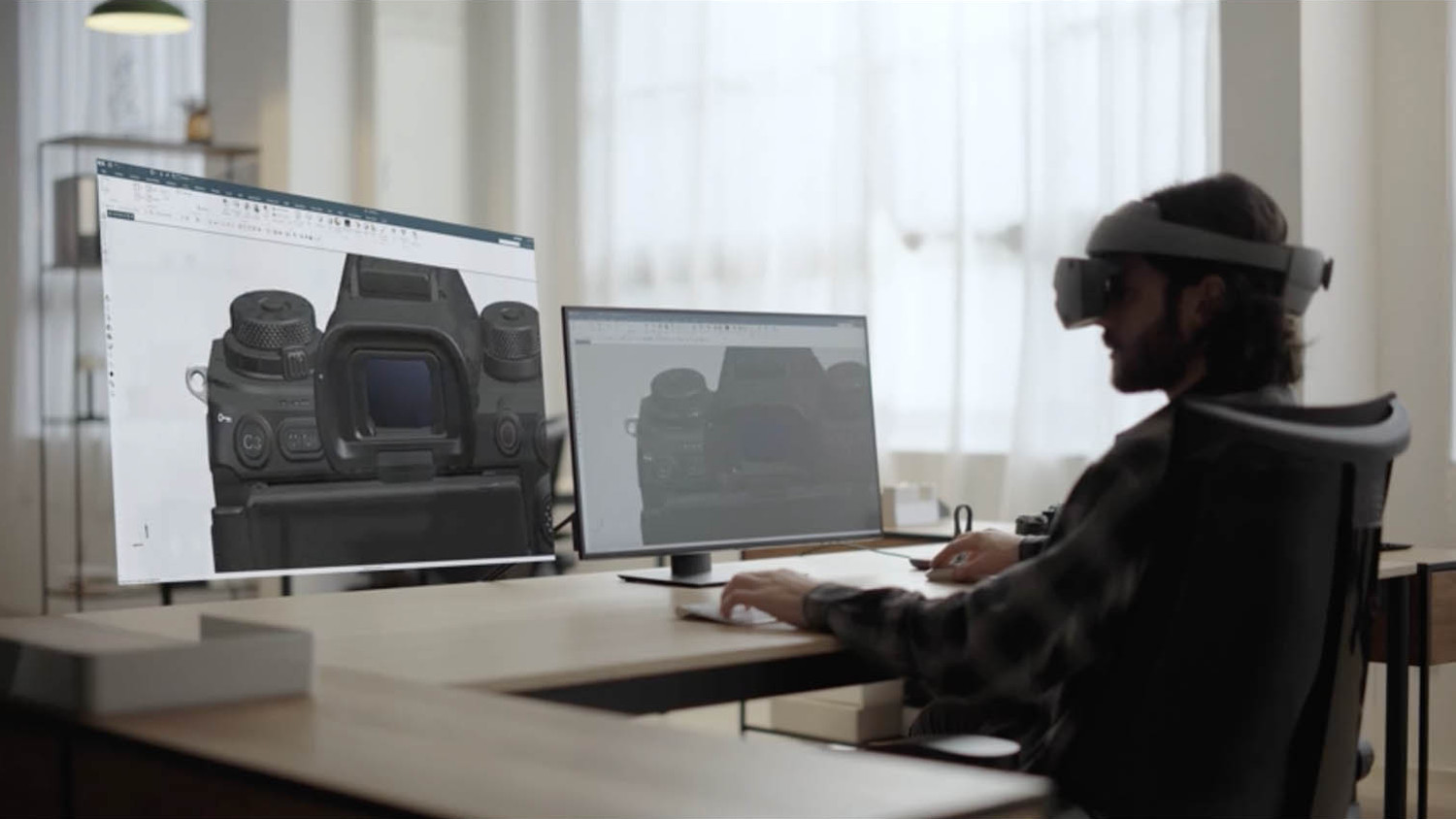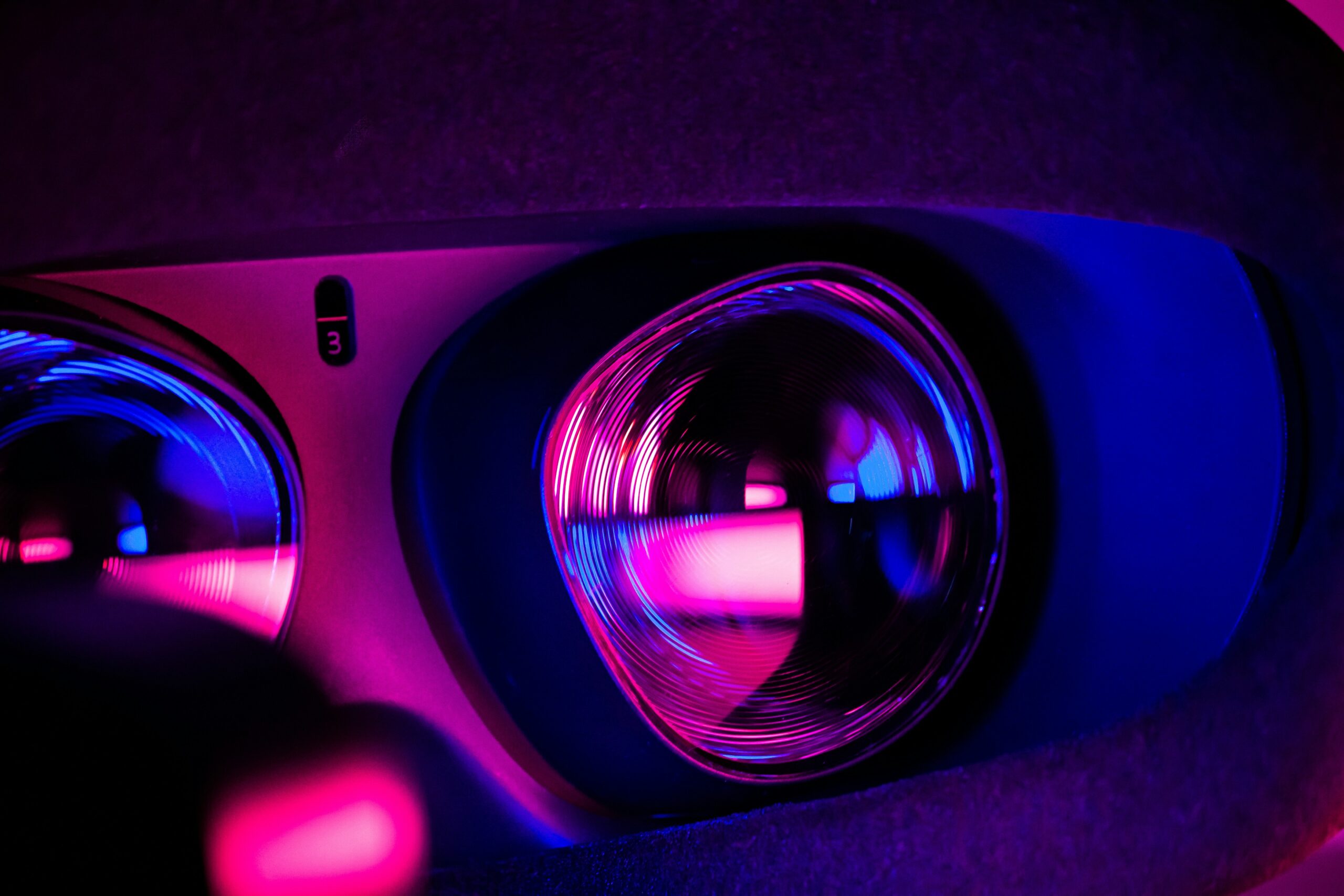Are You Ready for the Next Generation of Enterprise XR?
As we continue to push the boundaries of what is possible in the world of extended reality (XR), one thing is clear: the future of enterprise XR is streaming. With the rise of cloud technology and the increasing power of GPUs, it’s now possible to stream high-quality XR content directly to a headset, without the need for cables or expensive hardware. But what does this mean for businesses, and how can they harness the power of XR to drive innovation and growth?

Anycubic Coupon – $5 off $50+ sitewide with code DIY5OFF
The Limitations of All-in-One Headsets
All-in-one headsets like the Meta Quest have been incredibly popular in the architecture, engineering, and construction (AEC) sector, and for good reason. They offer a convenient and affordable way to experience XR, without the need for expensive hardware or complicated setup. However, they also have their limitations. When it comes to processing 3D graphics, all-in-one headsets can struggle to handle large and complex models, and the realism they can convey is limited.
The Need for External Processing
To add realism and complexity to XR experiences, 3D models must be processed externally, and pixels streamed in. This is where the latest generation of XR technologies comes in. Companies like Nvidia, Hololight, and Innoactive are developing solutions that allow businesses to stream high-quality XR content directly to a headset, using powerful GPUs and cloud technology.
Streaming XR Content from the Cloud
Nvidia is one of the companies leading the charge in cloud-based XR streaming. Its new technology allows developers to beam their applications and datasets with full RTX real-time physically based rendering directly into Apple Vision Pro, using just an internet connection. This is made possible by Nvidia’s Omniverse Clouds APIs, which channel the data through the Nvidia Graphics Delivery Network (GDN), a global network of graphics-optimized data centers.
| Nvidia’s Cloud XR Solution | Description |
|---|---|
| Omniverse Clouds APIs | Channel data through the Nvidia Graphics Delivery Network (GDN) |
| Graphics Delivery Network (GDN) | Global network of graphics-optimized data centers |
| Apple Vision Pro | Compatible headset for streaming XR content |
Hololight’s Enterprise Streaming Platform
Hololight is another company offering a range of services based around its enterprise streaming platform, Hololight Hub. This platform can run on public cloud, private cloud, or on-premise, and supports a variety of headsets, including Magic Leap, HoloLens, and Meta Quest 3. For streaming, Hololight Hub can use Nvidia CloudXR or the bespoke Hololight Stream technology, which also supports AMD and Intel GPUs.
| Hololight’s Enterprise Streaming Platform | Description |
|---|---|
| Hololight Hub | Enterprise streaming platform for spatial computing |
| Supported Headsets | Magic Leap, HoloLens, Meta Quest 3, and more |
| Streaming Technology | Nvidia CloudXR, Hololight Stream |

Anycubic Coupon – $5 off $50+ sitewide with code DIY5OFF
Local Delivery: The Benefits of On-Premise XR
While cloud-based XR streaming is becoming increasingly popular, there are still benefits to delivering XR content locally. Design and manufacturing firms can use local workstations or servers equipped with one or more pro GPUs, which are typically more powerful than those available in the public cloud. This approach also has additional benefits, including lower latency and increased security.
Lenovo’s Spatial Computing Appliance
Lenovo’s Spatial Computing Appliance is a desktop or rack-mounted solution that enables up to four users to collaborate on the same scene, at the same time, using a single workstation. This appliance works by carving up the workstation into multiple Virtual Machines (VMs), each with its own dedicated GPU. It supports Nvidia Omniverse Enterprise, Autodesk VRED, and other XR applications and workflows.
| Lenovo’s Spatial Computing Appliance | Description |
|---|---|
| Number of Users | Up to four users can collaborate on the same scene |
| Virtual Machines (VMs) | Each user has their own dedicated GPU |
| Supported Software | Nvidia Omniverse Enterprise, Autodesk VRED, and more |
The Collaborative Package
The Lenovo Spatial Computing Appliance is an interesting take on collaborative XR for design review. It offers a fully validated reference architecture that comprises a Lenovo ThinkStation PX workstation, four Nvidia RTX 6000 Ada Gen GPUs, and four Lenovo ThinkReality VRX headsets. This appliance is designed to support Nvidia Omniverse Enterprise, Autodesk VRED, and other XR applications and workflows.
The Benefits of Collaborative XR
Collaborative XR offers a range of benefits, including increased productivity, improved communication, and enhanced creativity. By allowing multiple users to collaborate on the same scene, in real-time, businesses can accelerate the design review process and reduce the risk of errors.
| Benefits of Collaborative XR | Description |
|---|---|
| Increased Productivity | Accelerate the design review process |
| Improved Communication | Enhance collaboration and communication between teams |
| Enhanced Creativity | Foster creativity and innovation through real-time collaboration |

Physical Attachment: The Ultimate XR Experience
Despite the advances in streaming technology, for the ultimate XR experience, headsets still need to be tethered. To deliver its hyper-realistic ‘human eye’ resolution experience, the Varjo XR-4 must maintain stable and fast data transfer rates, which can only be achieved when physically connected to a workstation with USB C and DisplayPort cables.
The Future of XR
As XR technology continues to evolve, we can expect to see even more advanced solutions that offer increased realism, improved collaboration, and enhanced productivity. Whether it’s through cloud-based streaming or local delivery, the future of XR is exciting, and businesses that harness its power will be well-positioned to drive innovation and growth.
Anycubic Coupon – $5 off $50+ sitewide with code DIY5OFF




